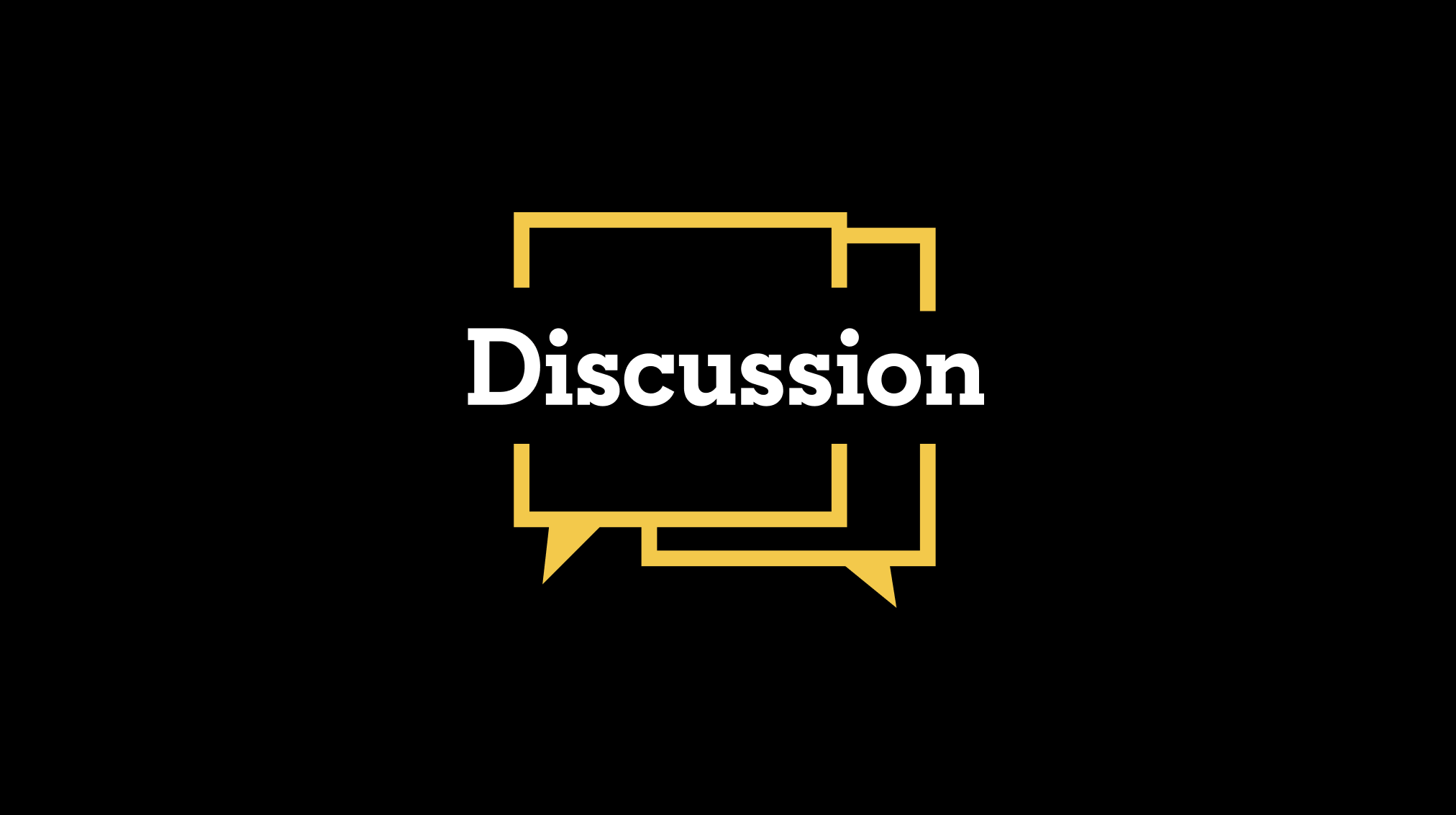Amid plenty of concerns about Chelsea’s somewhat unusual recruitment under Behdad Eghbali and Todd Boehly’s ownership, it was fair to give them credit for two things. First, there was an obvious plan. Second, it appeared cohesive.
Chelsea were signing younger players than any other club. They were signing them to longer contracts than any other club. And in Mauricio Pochettino, they appointed a manager whose managerial record suggested he was more effective at working with emerging youngsters, at Tottenham Hotspur, than he was working with established superstars, at Paris Saint Germain. It was joined-up thinking.
This was, then, unashamedly a long-term project — not necessarily the type of approach you associate with foreign owners who immediately sink huge sums into a club they’ve just bought. That means, in the short term, things can be difficult, for two reasons.
First, most obviously, you have to wait for youngsters to reach their peak age. Second, it’s about cohesion and teamwork. Familiarity between players is as important as their individual ability, and in deliberately ripping up the remains of a side who were European champions just two years beforehand, Chelsea were eschewing that collective experience.
The first half of Chelsea’s campaign was difficult. On Boxing Day, they were in the bottom half of the table. For all the money invested, there was no instant improvement upon last season. But that, of course, was roughly part of the plan: taking a step backwards to take several steps forward.
And in the second half of the season, the improvement came. That wasn’t entirely surprising — the underlying numbers from the first half of Chelsea’s season suggested they weren’t playing as badly as the results suggested. And, taking 2024 results alone, Chelsea collected the fourth-most points behind the three title challengers; Manchester City, Arsenal and Liverpool.
Advertisement
In terms of expected goal difference, usually a good measure of a side’s performance, Chelsea are fourth for the entire campaign. Results themselves were worse than that, of course, and Chelsea finished sixth. That was down to wasteful finishing and the fact that Chelsea made the highest number of defensive mistakes that led to opposition shots in the division. Pochettino can’t be entirely separated from that, but it’s also a natural consequence of buying inexperienced defenders.
Chelsea’s average age was the youngest in the Premier League this season, and that’s despite the fact they were using Thiago Silva, now 39, at centre-back. His departure leaves Raheem Sterling, who started the season in sensational form and got Chelsea through their toughest period of the season, as the only player older than 26 who played any Premier League minutes. This is a squad that will naturally develop next season.
Pochettino seemed well-placed to oversee that development. He was popular with players and around the club. From an early stage, he placed great faith in Cole Palmer, who became the revelation of the Premier League season.
Pochettino’s style, based around pressuring and intensity, works well with a young squad. It’s also worth considering that Chelsea, at this moment in time, probably don’t have a single genuinely world-class player at their peak age. Palmer is still young, Silva is very old. The likes of Moises Caicedo and Enzo Fernandez had not performed consistently well for a major club, and are still seeking to reach that level. All things considered, Chelsea probably overperformed considering the calibre of footballer in their squad.
Pochettino isn’t a perfect coach. Questions persist about whether he can instil the right mentality for his sides to get over the line and win trophies, with this season’s Carabao Cup final defeat a particularly galling example of a missed opportunity. For Chelsea fans — whose team, for much of Roman Abramovich’s reign, were cast as wily, stubborn and slightly unloved side who won trophies against the odds — that will have been difficult to take.
There are some questions about his in-game management, although this increasingly seems to be the major criticism of every manager at every club. There were a couple of other areas of concern: Chelsea’s injury problems, and the number of bookings they collected, the highest in the Premier League. It’s debatable how much the manager is responsible for either of those two things.

In all, Pochettino was clearly performing well in a very difficult job, where he was forced to work out, within a relatively short timeframe, what all those new individual players were about, and what combinations of them worked together. It was a classic transition season, but still produced the sixth-best results and fourth-best underlying numbers.
Advertisement
But parting company with Pochettino — supposedly a mutual decision, although you suspect if Chelsea had desperately wanted him to stay on, they could have found an agreement — isn’t simply a harsh reflection of the manager’s performance. It also throws into doubt Chelsea’s entire direction. Eghbali and Boehly seemed committed to long-termism, but have reacted unreasonably after a single season that doesn’t even constitute a failure.
It’s difficult to see that Pochettino’s successor will be any better qualified for the job than Pochettino himself. There’s been a huge demand for elite-level coaches this summer — Barcelona, Bayern Munich, Liverpool, Juventus and perhaps Milan and Manchester United are all on the prowl. Barca and Bayern, tellingly, subsequently attempted to persuade the incumbent to stay on, such was the paucity of options.
Still, Chelsea isn’t a bad job to take. This is a talented squad, already on an upward curve. Perhaps Chelsea’s results next season will make 2023-24 look entirely average. But that was the natural course anyway. If Chelsea succeed next season, Pochettino will deserve some of the credit, for turning a few boys into men, and turning a loose collection of players into a proper team.
(Top photo: Darren Walsh/Chelsea FC via Getty Images)




